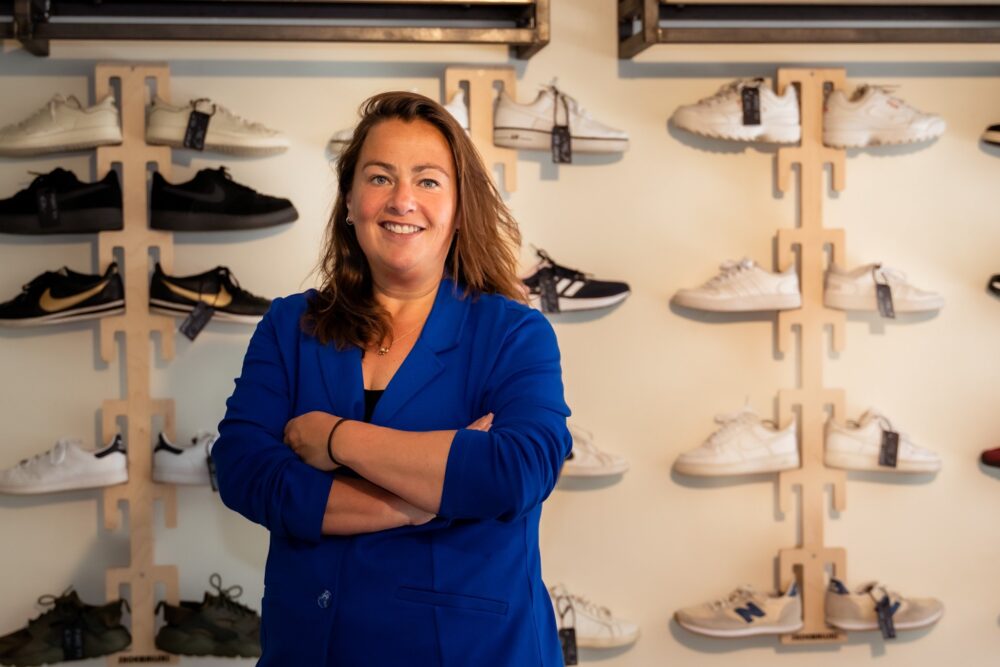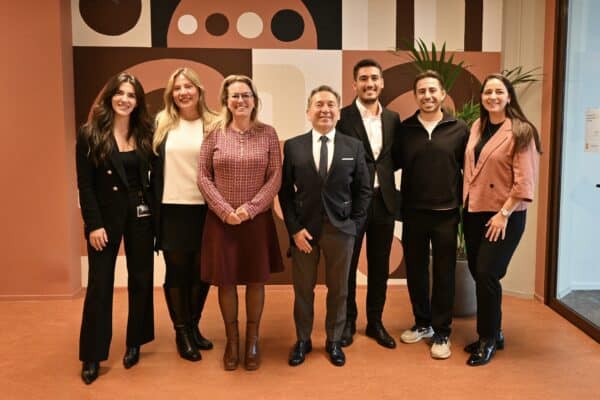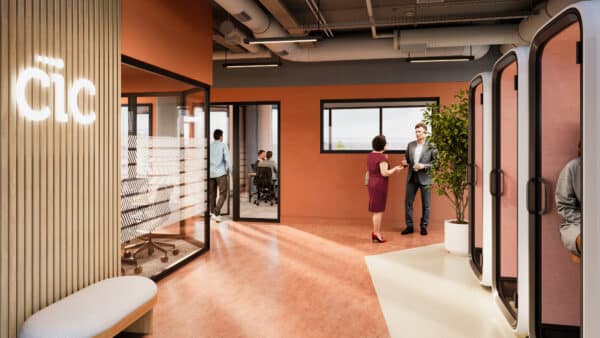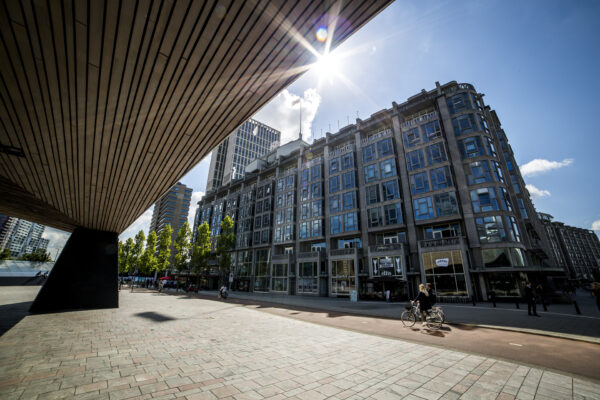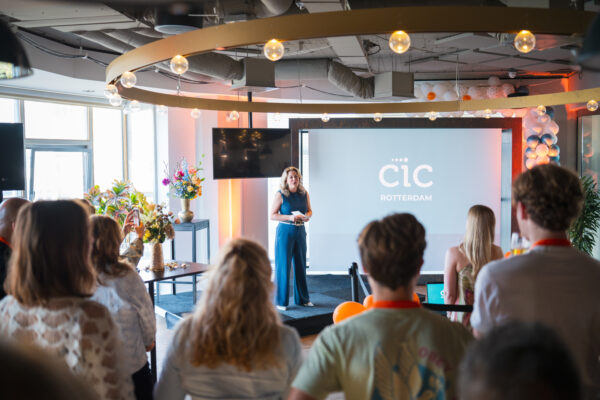Voor Goed is an engine for social entrepreneurship focused on helping businesses make operational choices to benefit people and society. Choices big and small. Because as the foundation’s director, Carolien van Wersch, argues, doing business responsibly can have a positive impact on solving the challenges facing our society today. “Social enterprise is something every business can do to make the world a better place.”
How do you define social entrepreneurship, and why does it matter?
“In fact, a whole bunch of terms are used which essentially all mean the same thing. Sustainable entrepreneurship, impact enterprise, corporate social responsibility, social enterprise… For us, the bottom line is whether you are contributing to solving or tackling urban-based societal challenges, or not. Or even worse, contributing in a negative sense. It’s important to try to address and solve problems and challenges together. Feike Sijbesma said it best: ‘You cannot be successful in a world that is failing.’ If you look around and see children growing up in poverty and a world that’s being polluted, how can you, as an entrepreneur or as a company, say with a clear conscience that you are truly successful? If we aspire to become a society in which there are equal opportunities for all and a healthy world for future generations, then we all have to do our part together.”
It might sound abstract to some people, but social enterprise is basically something anyone can do, is that right?
“Absolutely. From big multinationals to the bakery around the corner. But it goes beyond saying ‘OK, I’ve hired three people, so I’ve helped cut unemployment’. Because, the next question is: what about the other 33,000 people in Rotterdam who are sitting at home, jobless? What are you doing for them? How about creating another job for someone with a disadvantage on the job market? So also think about your core activity and improvements you could make there. Say you’re a toy shop. You can put solar panels on the roof, which maybe helps the energy transition and is a good thing to do, but it doesn’t really have any bearing on your organization’s core activity. You need to analyse what you are selling in your shop, where those items are coming from, the working conditions they are being produced in and what the environmental impact is. Organizations need to take a look at what they are doing, what products or services they’re marketing and how they can do that better or more responsibly. And, after that, they can look at where they are operating, at problems in their immediate surroundings and what they can do to help solve them.”
What are some misconceptions about social enterprise? And what are the benefits?
“The first problem obviously is the terminology: people tend to think it’s solely about the social component and not about the environment. Another misconception is that not just anyone can do it, but only big corporations, or that it’s invariably complicated and costly. It doesn’t have to be. And, in terms of employing people with special needs, it’s a misconception to think you’re only doing it to help somebody else. I believe there is a real payoff for companies, too. It can give you fresh insights and boost productivity and engagement among your other workers. Sure, you may have to invest some effort, time or money, but you’ll find it’s more than worth it. Another thing people say is that social enterprise isn’t always easy, and I won’t disagree with that. You need to have an intrinsic motivation to give back to your community. However, don’t forget that social enterprise can also have big payoffs. It can solve staff shortages, connect you with new stakeholders who lend new insights, and it gives employees a sense of pride in their company.”
How does the fact that Voor Goed is based in CIC help you achieve your mission of inspiring as many organizations as possible to do good for the city?
We are always here for social entrepreneurs, of course, by which I mean businesses whose core activity integrates a social component. However, we’re noticing that joining the CIC community is putting us in touch with more mainstream commercial businesses. Our relocation a few months ago means we’re more directly connected, and it’s a positive step for us that we can show entrepreneurs based here how important social enterprise is and that they can do it, too. We’re happy to provide assistance and ready to share whatever tips and tools they need to get started.
Want to know more about the CIC Rotterdam community?
Want to know how you can get started with social enterprise and help solve problems in Rotterdam together?
Get in touch with Voor Goed Agency, you are always welcome for a chat at their office in Alpha (CIC Rotterdam). https://www.voorgoedagency.nl/
Written by: Tessa Burger
